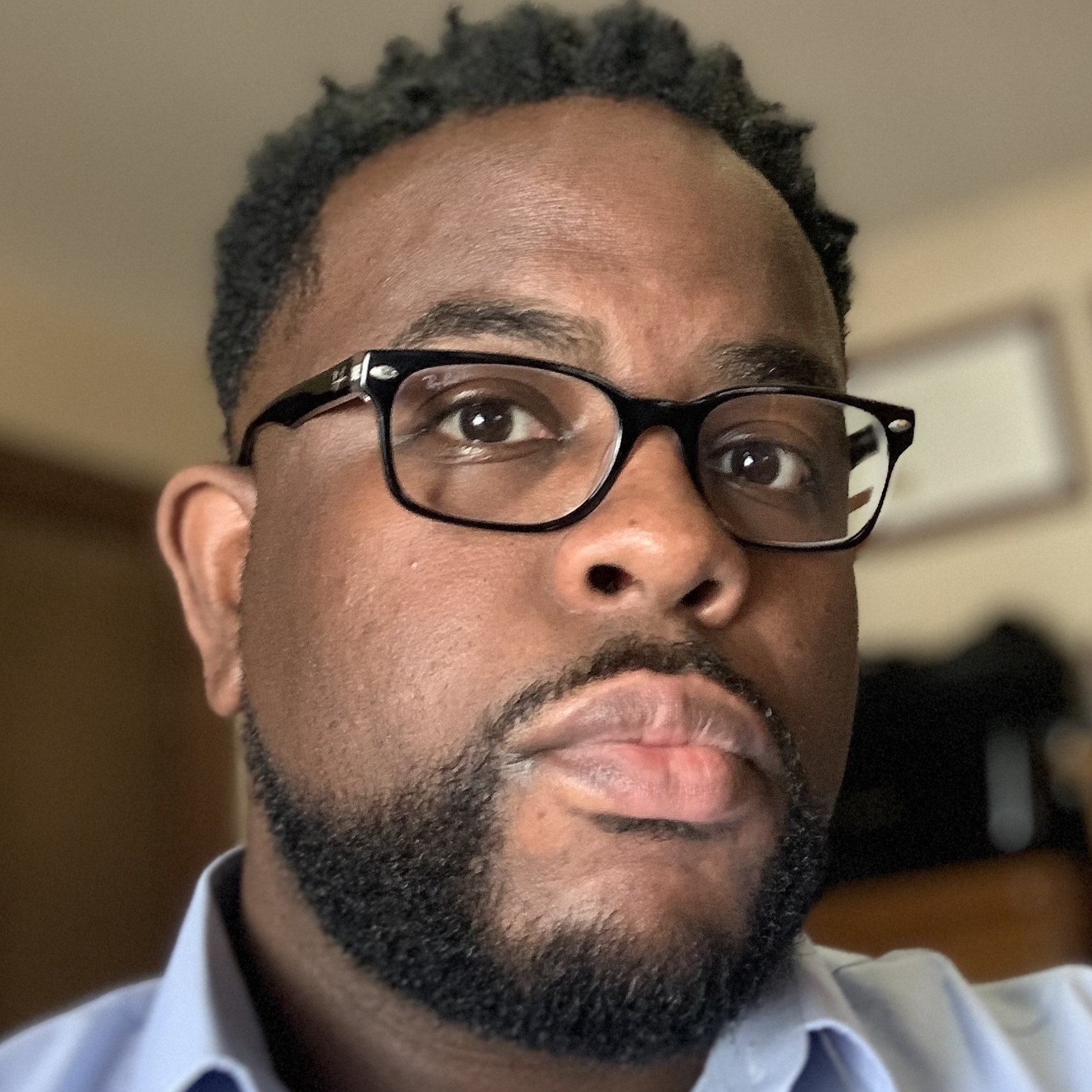In February 2022, the Commonwealth of Massachusetts released a report detailing lawyer well-being throughout the state. The report, Lawyer Well-Being in Massachusetts, served as a reminder of the heavy toll that can come with the profession. An unsettling 77% of lawyers reported suffering from burnout, with 48% having considered leaving their employers and 40% having considered leaving the legal profession altogether. With such alarming figures, it’s time to consider the role legal tech might play in creating a more fulfilling work-life balance.
Advances in technology can cut both ways when it comes to lawyer well-being. On the one hand, remote technology can blur the distinctions between work and home. On the other hand, remote technology can soften the rigidity of traditional work environments, adding flexibility and time for a more balanced work-life dynamic. Technology can’t solve every problem when it comes to lawyer well-being, but it can play an important part.
In its 2022 Legal Trends Report, tech company Clio discussed the concept of an antifragile law firm. This idea focuses on how law firms can set their attorneys up for success just by the way they respond to adversity. According to Clio, law firms should balance flexibility with sustainability while opening themselves up to innovation. The goal is to find what works best for clients, the industry, and employees of the firm. Sentiments of antifragility, innovation and remote technology were also echoed in Massachusetts’ report on lawyer well-being. It found that lawyers were less likely to report burnout, anxiety, and depression if afforded greater flexibility, autonomy, and remote work. In the wake of COVID-19, legal professionals have begun to experience how technology can offer new ways to conduct business. Videoconferencing platforms, particularly with respect to remote depositions and court proceedings, have been a welcomed innovation.
Appreciation for remote depositions and virtual proceedings was made clear in another Massachusetts report, Attorney Survey on the Future of Virtual Technology in the Courts. In that survey, more than 80% of respondents supported continued use of remote depositions post COVID-19. More generally, videoconferencing offers time and cost savings that can support greater work-life balance for all involved. As noted in the survey:
“Aside from the benefits of swifter resolution of justice and staying distanced from others during the pandemic, participants noted improvements to attorney and client wellbeing as a direct result of remote proceedings. Participants also noted the potential for videoconferencing [to] expand access to justice, by increasing the accessibility of court proceedings (particularly for the physically disabled) and reducing the burden on attorneys and litigants to make accommodations to appear in court (e.g., arrange for childcare, take time off work/school, arrange for transportation).”
Such findings make it imperative that service providers offer the very flexibility and autonomy lawyers search for in their quests for proper work-life balance. And when it comes to remote depositions, Readback is a service that helps empower attorneys by giving them the flexibility to take more control over their experience. Our flagship service category, Active Reporting, offers certified transcripts in one day, rough drafts in one hour and access to near-time text during the proceeding. These fast turnaround times at low, flat rates provide premium benefits to work with your schedule, not against it. You deserve a deposition service that is as flexible as you strive to be. Visit our website and learn about The Case for Virtual Proceedings.
*Disclaimer: Readback is neither a law firm nor a substitution for legal advice. This post should not be taken as legal opinion or advice.



